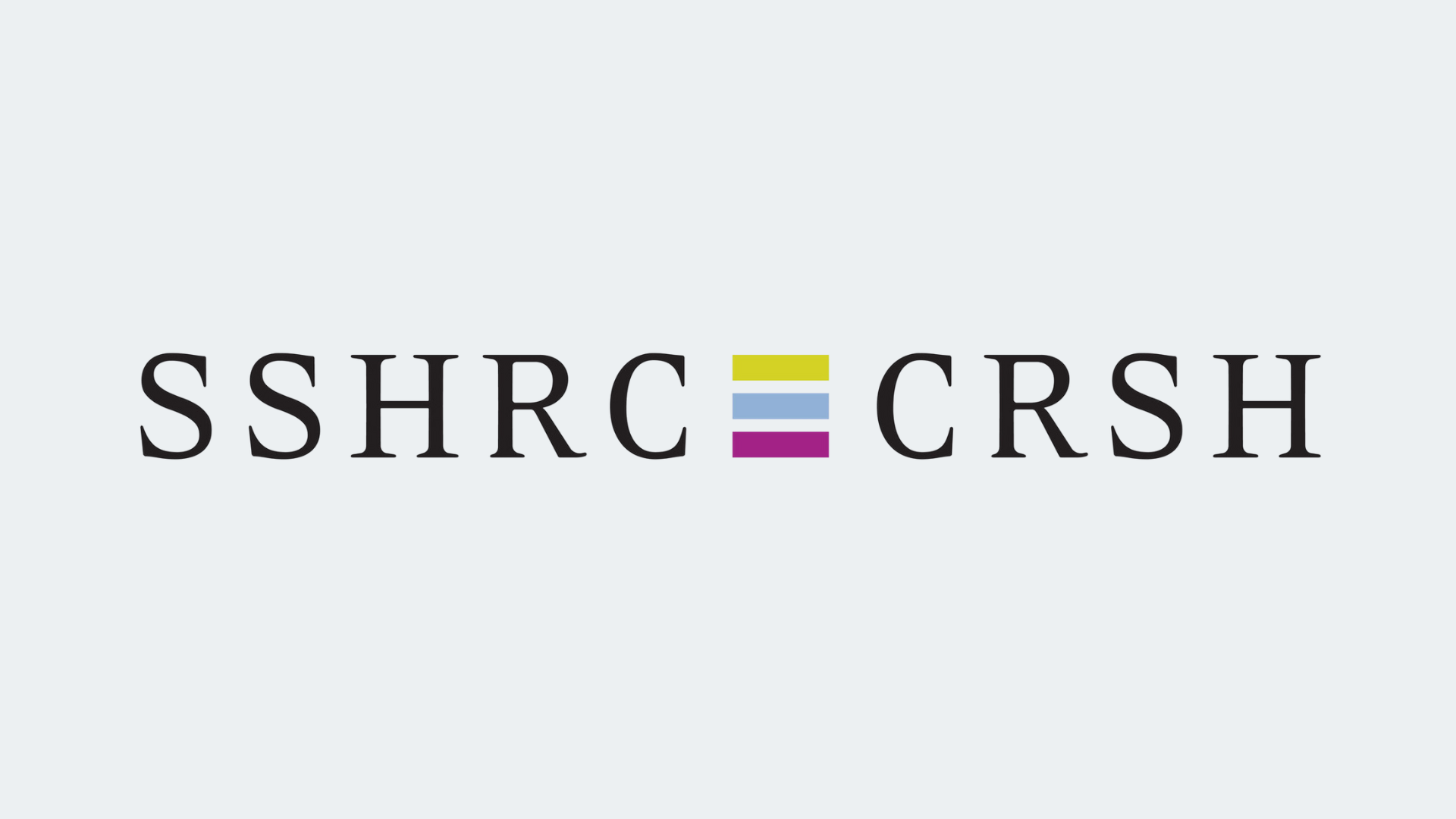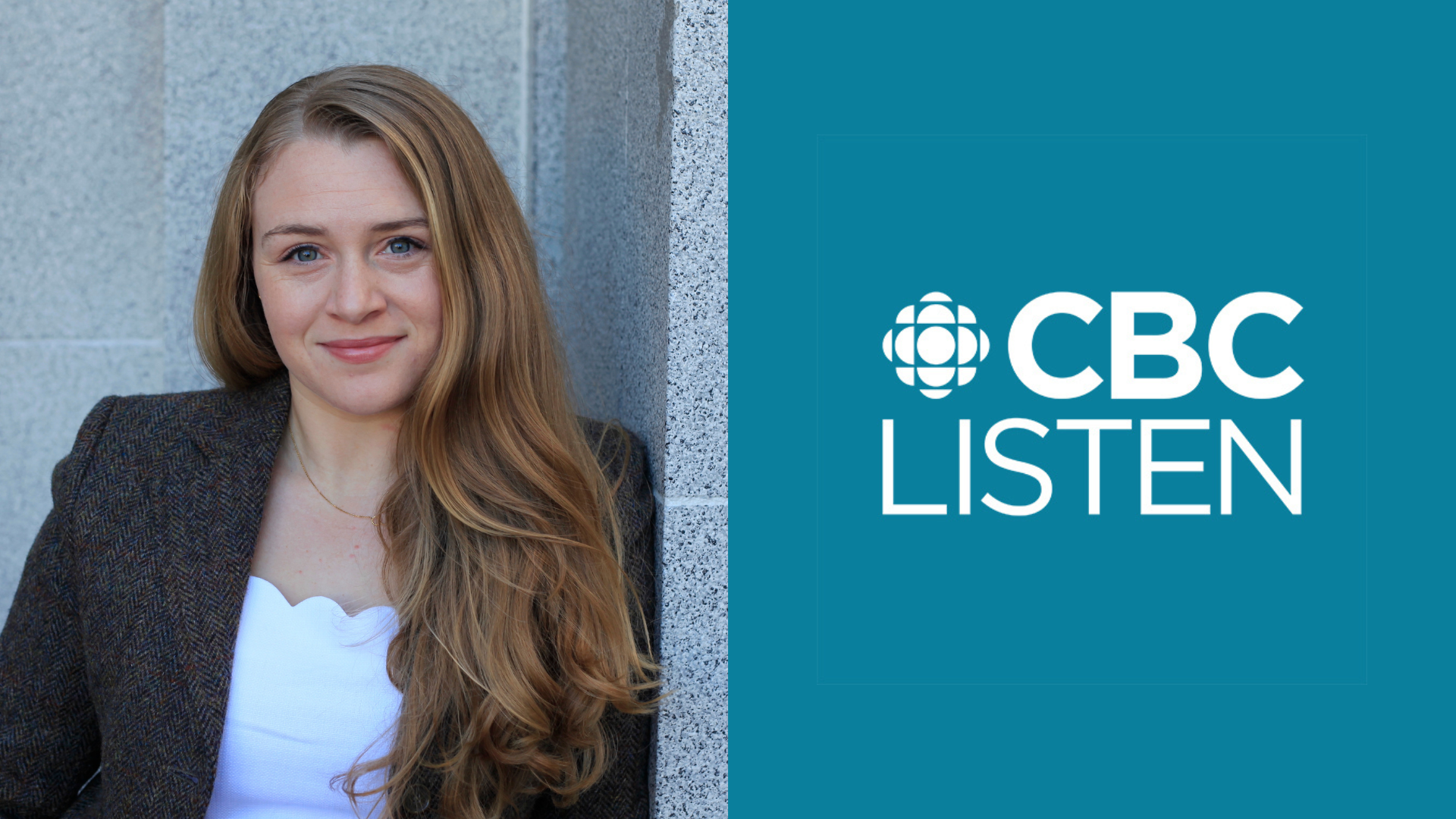

Jasmine Wilson graduated from UBC History in 2020. Guided by knowledge gained from both her academic studies and her lived experiences as an Indigenous woman, Jasmine now works as the Assistant Archivist in the Archives Department of the Musqueam Indian Band.
Like many students who find themselves drawn to History, Jasmine is interested in telling stories and histories that matter using the skills and tools of the discipline. As a member of the Musqueam Nation who also has ancestral ties to the Squamish Nation and the We Wai Kai Nation in Kwakwaka’wakw territory, Jasmine wanted to learn from her own people. “I learned so much of my own history from colonial institutions, so it was time to decolonize myself and how I viewed history.”
“Growing up both on and off reserve has helped me be the historian I am today,” she continues. “My history degree has helped me gain a better understanding of the past and how it impacts the present and future, but my communities and family have educated me on who I am and where I come from.”
In her current archival role, Jasmine reads and analyzes many historical documents that concern the Indian Act and Indigenous history. “Having a History degree helped me to navigate these historical documents. I learned and mastered fact-finding, writing, critical thinking, and creativity skills. These are very important things to have when it comes to working in a museum or archives!”
“My history degree has helped me gain a better understanding of the past and how it impacts the present and future, but my communities and family have educated me on who I am and where I come from.”
Post-graduation, Jasmine’s first job was in the museum and heritage sector, where she worked as an Indigenous Programs and Community Engagement Coordinator. In this role, she helped revise education programs to tell the true histories of Indigenous people, and learned to stand up for herself and Indigenous communities.
For Indigenous or otherwise racialized recent grads who are interested in working in museum and heritage spaces, Jasmine’s advice is twofold: don’t let tokenism box you in, and know you have more to offer than just your identity. “What I would like to see from museums is not putting the burden on IBPOC to do the work of redress and decolonization,” she says. “I do not speak for every Indigenous person; each nation and territory has different protocols, culture, and history. I cannot do the work of colonial institutions because that’s not my burden to bear. The best I can do is guide non-Indigenous people and colonial institutions. Whether action and change is actually taken is their responsibility.”
“My time working in heritage institutions has shown me that while museums and heritage professionals, including those in leadership roles, are interested in reconciliation, there needs to be an acknowledgement of the long and sometimes hard process involved,” she says. “Reconciliation is complicated and takes time, but the relationships born out of this work are worthy of the effort needed. Reconciliation can happen only after a relationship is built.”
Beyond her job with Musqueam, Jasmine also serves on the Indigenous Advisory Committee for the British Columbia Museum Association. In this capacity, she shares her thoughts and learnings with other members of the committee and uses the teachings from UBC and her communities to further advocate for Indigenous people in colonial institutions.
“My advice to students is to not be afraid to fail or start over,” she says. “I had to go through some loss in my life to realize life is short, and that I need to invest in myself and not worry about the opinion of others,” she says.
“I stopped being afraid about what my future would look like or what people thought and just went for it.”


